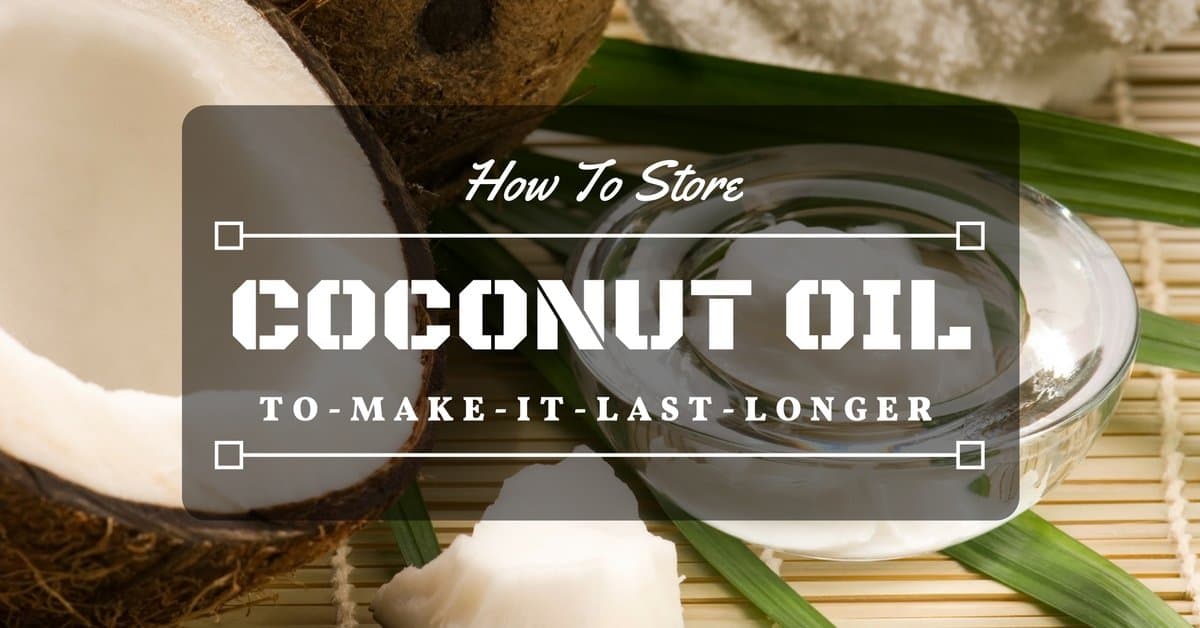Coconut oil is such a wonderful oil to use, not only for cooking but also for home remedies for a more beautiful skin and glorious hair.
There are priced relatively higher compared to your regular cooking oil so knowing how to store coconut oil is a good know-how for you to be able to preserve it for the longest amount of time possible and enjoy all it’s natural benefits. Nutrients and natural contents may be lost over time if not stored properly and can become rancid, despite its high resistance to rancidity.
What do you get from coconut oil?
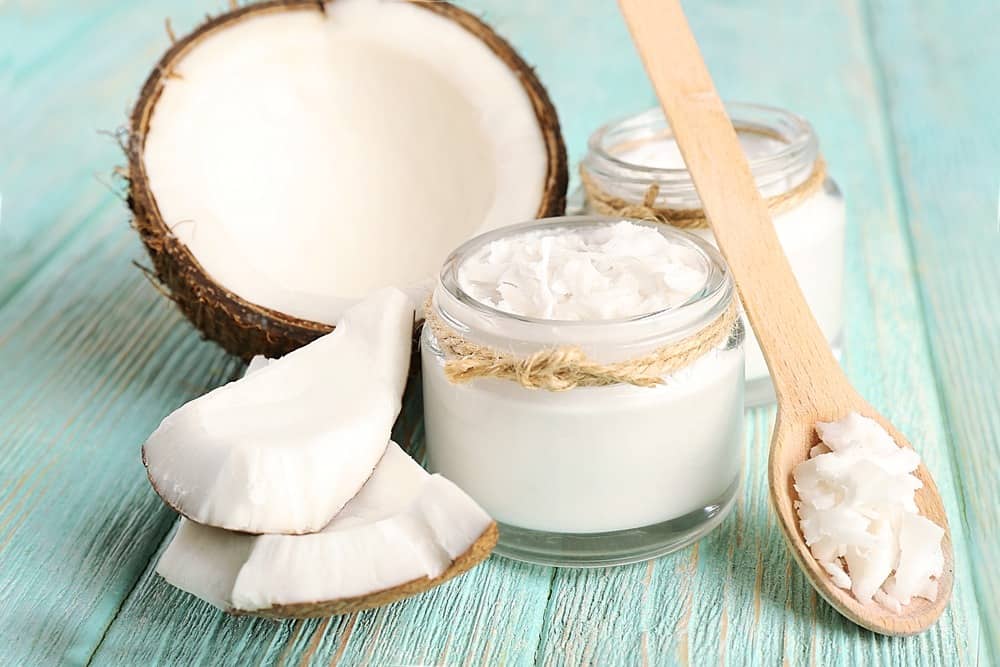
The monkeys and apes know it, and our ancestors knew it, just how awesome these coconuts are, without needing modern technology and medicine to tell them so. With the passage of time, oil from coconut has been extracted. It has been used for more than a thousand years and attempting to trace it back down to its roots is hardly possible.
It’s long history speaks for itself, however, and technological innovations has made it a possible for mass production.
Medium-chain fatty acids
Coconut oils are rich in nutritious fats knows as Medium-Chain Fatty Acids otherwise known as MCFA. These oils are saturated fats that are very easy for our bodies to digest and absorb, which makes them one of the most beneficial oil to have on your diet. The main MCFAs found in coconut oil are caprylic, lauric and capric acids.
We hear fat and we automatically think it is a bad thing, but to understand it better, the fat found in coconut oil are absolutely healthy because not only are they easily digested by the human body, they are not retained as fat, either. Not retaining is a good thing because you run a lower risk of clogged arteries and less risk of a heart attack.
Coconut oils are also rich in anti-microbial and anti-fungal properties which makes them ideal for topical do-it-yourself remedies. They can give you great skin and fabulous hair and are also believed to help reduce wrinkles.
The components of coconut oil are a great deal smaller than the regular cooking oil, which makes it easier for our cells to absorb them giving us an instant source of energy.
How long can you store coconut oil?

The shelf life of coconut oil is usually around two years, based on the information given in the commercially sold coconut oils. I have tried coconut oil produced locally by farmers and they last just the same, but in much better quality.
If you have the option to buy locally produced coconut oil, you may also want to give it a try. They have a stronger smell and taste which is awesome because you will able to use less oil and still rip optimum benefits.
The closest you can get to locally made, non-commercial coconut oil is by getting extra virgin coconut oils. Some claim that you can keep these ones for up to four years if you store them really, really well.
What you should know to store your coconut oil effectively:
1. The effects of temperature on your coconut oil

Coconut oil, just like any other oil, stay liquid in room temperature, once it is stored in cool temperature, it goes to sleep and assumes a solid form which will revert back to its liquid form when the temperature gets high again.
The really awesome thing about coconut oil is in how it can easily adjust to temperature changes without running a high risk of rancidity, though of course, it will affect your coconut oil in the long run.
Throughout the day, depending on where you are, it can be really humid during the day and really chilly at night. The coconut oil doesn’t really mind that and you can just leave it on it’s own without having to worry about it constantly as you would with other foods.
You know how you seem to change your storage methods depending on the season? Like how you would store your apples and other vegetables like tomatoes in the pantry in spring and winter, then store them in the fridge during summer? Well, coconut oils are the cooperating ones that I do not have to worry about.
2. Light can break down nutrients
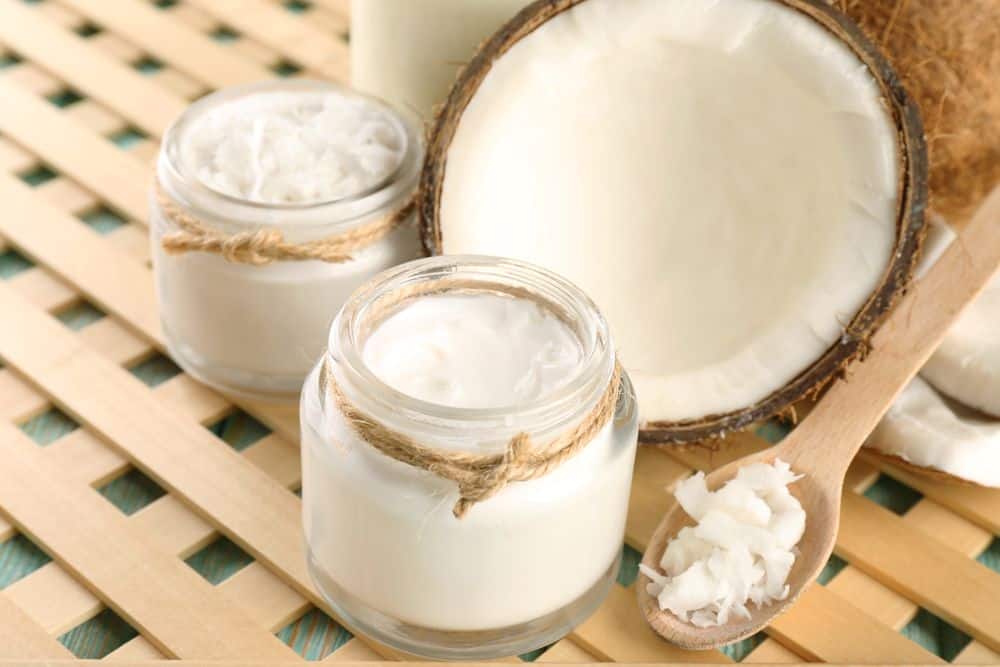
While coconut oil has a very high resistance against rancidity, nutrients have a way of being broken with exposure to sunlight. We have heard of this at some point or another but may not really know what it is that caused it.
Understanding Photodegradation
Photodegradation is the process wherein food and its nutrients deteriorate when it is exposed to light, especially sunlight. Artificial lights like the one in your fridge, the fluorescent ones in your kitchen and natural sunlight are all culprits you want to avoid to prevent this from happening.
A number of things happen when light hits the package or bottle of your coconut oil. It will either be reflected and deflected by the surface of your packaging, or it will be absorbed by the packaging, then transferred to your coconut oil which can break down and destroy some of the essential nutrients that are so beneficial for you.
Prevent this from happening by storing your coconut oil in opaque containers to prevent any from getting through. One of the best things I have found for this purpose are ultraviolet containers which I have found to be very classy and aesthetically attractive in my pantry, but also serves to preserve my foods, not just my coconut oil, extremely well.
3. Store It Under Constant Temperature

I have mentioned earlier that I like how my coconut oil can adapt to a volatile daily temperature and they really can, but this is really not very ideal for prolonged storage. I usually replenish my coconut oil on a monthly basis since this and olive oils are my primary oil around the house.
However, if you are not really planning to use your coconut a lot and would like to maximize its shelf life, I highly recommend storing it in constant temperature. Store it in your fridge in an ultraviolet glass bottle which will fit just right in your fridge and will protect it from photo-degradation at the same time.
4. Prevent cross-contamination

Some people tend to use spoons or scoops in their oils especially if it is stored in a jar, and this is a really bad idea. Even if your utensils are clean, you are not sure if there is any dust or even soap residue on your utensil. When you dip your utensil into your jar of coconut oil, you will be contaminating all that is in the jar and you won’t even know it.
I like using oil dispenser bottles since they are so convenient to use and so easy to control. If I really need to measure my oil, I can easily pour from these dispenser bottles onto a spoon with no trouble.
5. Utilize smaller containers even if you are buying by bulk
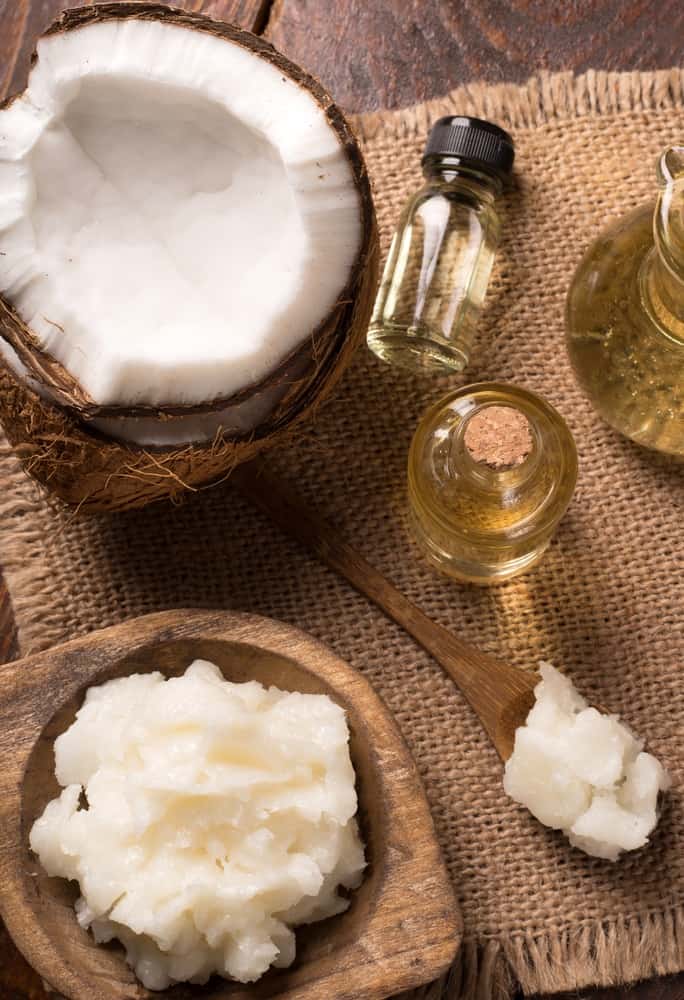
Coconut oils may be purchased wholesale and you can get them by the gallon. It is best to transfer a moderate amount into a smaller container and keep the rest in storage to prevent exposing the whole lot to air and oxidation.
Oxidation is one of the main factors that result to food deteriorating. The molecules and nutrients in your food interacts with oxygen and will eventually be degraded. The main decomposing agents on earth are water and oxygen. You will want to keep both away from your food as much as possible to preserve them better.
Rancidity Test
Coconut oils are very easy to detect when spoiled, they will smell bad. You will detect a slight sourness and foul smell that was not there originally. You will also notice a change in the color of the oil and might be some substances floating in the oil. If you see notice of these, dispose and don’t attempt to use it any way.
What you get from coconut oil:
Coconut oil in your diet
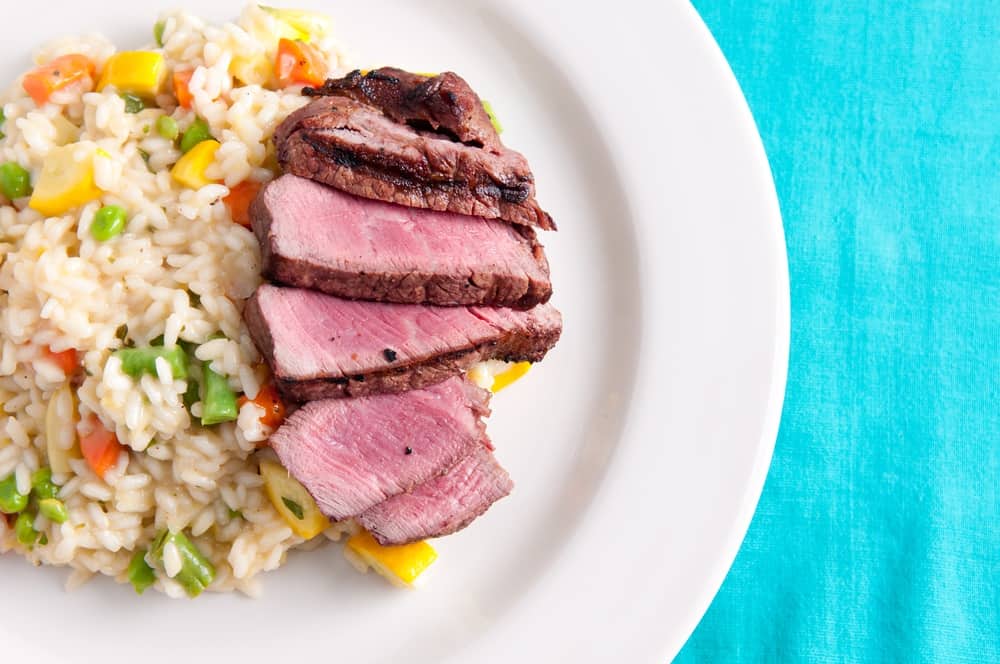
Regular intake of coconut oil can help balance your hormones, help moderate your digestive system and prevent constipation, it can also give you essential brain vitamins and is currently being researched to help Alzheimer’s patients.
It is also very popular and effective for people who want to lose weight because they have much a lower cholesterol content and helps a lot in burning fat. Because of its low cholesterol, this is also better for people with hypertension and high-blood pressure.
Topical applications of coconut oil.

You can also use coconut oil as a moisturizer, both on your face and skin. For people with acne prone skin, use with caution since some people claims to have breakout from using coconut oil as moisturizer.
This oil is also believed to fight wrinkles and reduce the appearance of stretchmarks over time and are used nowadays in soaps, lotions and other commercially available products. You can use the coconut oil in your kitchen if you want the full impact of its benefits.
Cook with your coconut oil

There are so many different recipes available online that you can use your coconut oil for. You can also use them with your regular recipes and see how you like the taste. Coconut oil does have more flavor and can affect the taste of your dishes, which can either be positive or negative depending on your preference.
To sum it up
Coconut oils are definitely one of the best oils you can have in your kitchen and your bathroom. If you have found this article useful, leave a comment below and let me know what you think. I would love to hear from you. Share with your friends if you have found this article useful.

